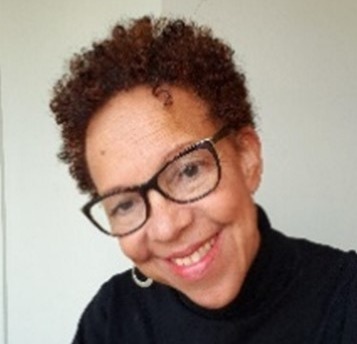
CWICE Offers New Possibilities after Missed Opportunities
His silence said it all: he did not want to remember those shameful times in his life. He had just met the CWICE Immigration Specialist, after weeks of failed phone call attempts and e-mails. What follows is part of an account of his journey – a story about missed opportunities.
When “D” lost his Permanent Resident (PR) card, SIN card, and driver’s license, he requested assistance from the child welfare organization he was involved with for most of his life. This led to a stark revelation: there were no copies of his PR card or record of landing in Canada. Unable to apply for citizenship, or access services and employment, D was referred to CWICE in 2019 by a community professional.
D’s referral to CWICE came just before the world grappled with the COVID-19 pandemic and the future looked bleak for many, especially someone from a racialized group experiencing poverty and homelessness, and someone diagnosed with a significant intellectual disability. As D shared his pre- and post-migration history, and involvement as a young person with child welfare, a picture of missed opportunities began to emerge. D had been eligible for citizenship years ago but only found out now.
Child welfare and immigration systems are complex. It saddens me to think of the many opportunities this young man missed, because the information he needed was not available to him.
In 2019, D sought a comprehensive psychoeducational assessment which identified an intellectual disability. CWICE asked D key questions about his migration history, and we discovered that he did have a copy his Record of Landing document. This was a huge breakthrough that meant we now could submit his citizenship application.
When CWICE completed the first of his many applications, I asked D “what did you wish you knew sooner?” This was his response: “I wish I knew about my intellectual challenges and about how to ask for the things I needed to overcome them”. I asked D what he meant by that, and he replied:
“If I had known what to do, or that I could really talk to my worker and ask for things like special programs and activities, it would have been very different. I would not have fallen through the cracks.” He paused and added: “There must be many more, just like me, who fell through the cracks – we fill those cracks because we are Black, poor, have no parents, and when the cracks are full, we get covered with asphalt, and no one even knows that we are there.”
D’s story is a reminder of how much the child welfare sector has to contribute, learn, and explore about addressing the challenges posed by immigration issues, race, and individual intellectual abilities. We must engage individuals and communities through renewal of opportunities, even if it is one by one. As a child welfare sector, we are changing, transforming, and must seize the renewed opportunity. We must learn from D’s experience, so that we are part of the solution.
D’s voice is so incredibly important, and in CWICE we value his insights. His story highlights the importance of widening the breadth of our knowledge about the intersectionality of child welfare and unresolved immigration status.
If you would like to learn more about how to recognize and address unresolved immigration issues that affect our children and youth, please consider enrolling in the CWICE learning modules on our Training page.
About the author:

Fatima Mukai is a Child Protection Worker and Immigration Specialist at Peel CAS’ the Child Welfare Immigration Centre of Excellence. Fatima joined Peel CAS in 2017 as a specialized ongoing worker, with a team dedicated to servicing families and children experiencing immigration and settlement issues. Fatima has 20 years of experience, working with vulnerable families, and has been an immigration specialist in CWICE since 2020.
